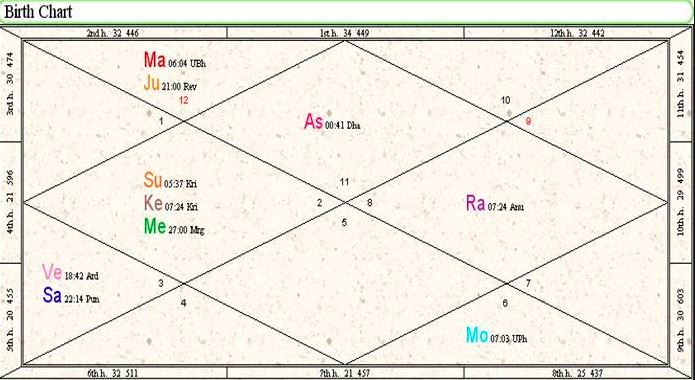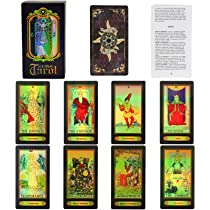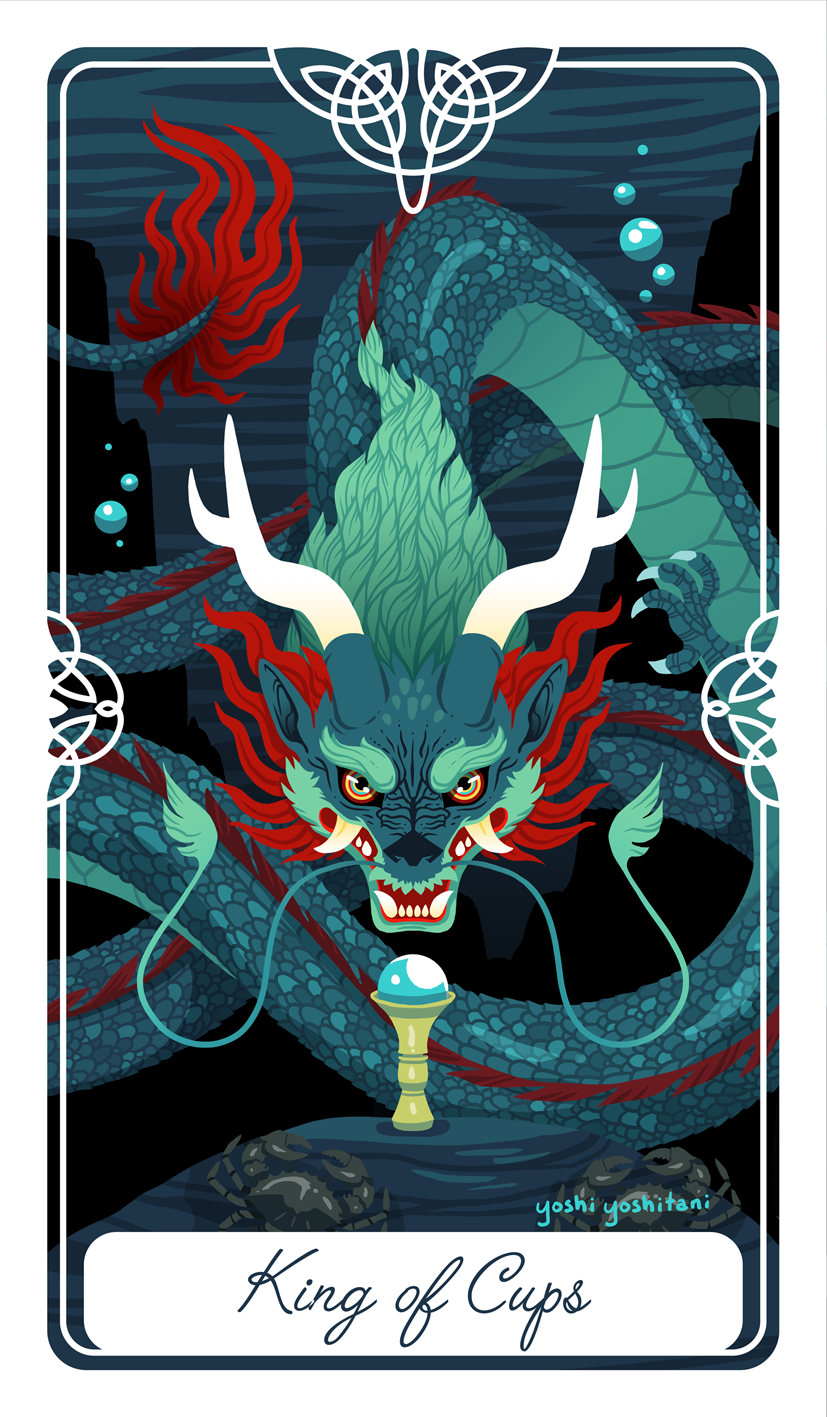
It's worth investing in a book to learn how the Tarot works. This definitive guide is your ticket to mastering the art in a short period of time. It includes practical exercises that allow you to hear and understand the meanings. A deck of cards is also included in the book. If you're a beginner, a standard Rider deck is readily available in bookstores and online.
365 Tarot Spreads
Tarot reading can be a powerful way to find answers to your most pressing questions. Your questions are the power and potential of the tarot, and can lead to amazing results. Learn how to ask the right questions and receive answers that you have never thought possible. The 365 Tarot Spreads will enable you to discover your inner magic, and help you understand the world around.
The 365 Tarot Spreads are questions you can ask to gain insights about certain topics in your life. Each spread comes with an explanation and a sample question. The spreads in this book will guide you on your journey to enlightenment every day.

The 365 Tarot Spreads are a great way for beginners to learn Tarot. These spreads allow you to make the most from the various card placements in the deck. These spreads can be very useful for anyone just starting to study Tarot.
Kitchen Table Tarot
Melissa Cynova has created the Kitchen Table Tarot, an easy-to–read tarot card book that explains all the symbols in a concise and clear manner. It has 288 pages. The book can be taken with you anywhere. Llewellyn Publications is expecting this book to be a major bestseller.
This book will help you interpret tarot cards according to your own circumstances and the context they were placed in. It also contains sections on storytelling, spreads, and tarot. This book is a great option for anyone who wants to learn the basics of the tarot, but isn't quite ready to make the leap.
This book is a comprehensive introduction to tarot reading and covers various topics including responsibilities of a tarot reader, dealing with critics, caring for cards, and superstitions. Learn how to start as a tarot readers and how to make it a career.

The Ultimate Guide to Tarot
The Ultimate Guide to Tarot is an easy-to-use, comprehensive book that will teach you how to read tarot. It explains the basics of tarot and provides step-by-step instructions for how to start. It also includes a detailed overview of each card.
The book gives information on the meanings and relationships of each card. It also includes images of each card which make it easy to identify. The book also covers how to perform tarot readings and which spreads to use. It also includes a section on journaling prompts that can be helpful in learning how to read the cards.
The Ultimate Guide to Tarot books were written by seasoned tarot readers. They are straightforward to follow and contain step-bystep instructions. They provide a comprehensive overview of every card of both the major and lesser arcana.
FAQ
Where can I find resources for learning more about hobbies?
There are tons of websites devoted to helping people discover new hobbies.
Here are some of our favorite:
www.trythisathome.com - This site provides a list of over 100 different hobbies. This site also contains information on how you can get started with each of them.
www.hobbyfinders.org - This site offers a database of thousands of activities that you can search by interest, skill level, location, and more.
www.indiebazaar.co.uk - IndieBazaar is an online marketplace designed specifically for independent artists and musicians. You will find hundreds of products that range from artwork to music gear on the site.
www.pinterest.com/explore/hobbies - Pinterest is a social media network that lets users "pin" images they find interesting onto their boards. Boards allow users to organize things they like into specific categories.
www.reddit.com/r/Hobbies Reddit allows users to share links to articles, videos and other content on their social media platforms. Voting is available for users to choose the most valuable posts.
Why do we need hobbies?
Hobbies are a vital part of our lives as they allow us to unwind, relax, think creatively and exercise. They also give us the opportunity to socialize, network, and have fun. Hobbies offer opportunities to develop new skills as well as life-long interests.
Hobbies are a way to find meaning and purpose.
They can be a great way of spending time without having to do anything else.
They're also fun!
If you don't have time for a hobby, then you probably don't have time for anything else either.
So take a look at all the options available to you. Perhaps you should get a hobby started today if you don’t already have one.
What are some ideas for hobbies?
Hobby Ideas for people who love to learn and teach others.
Hobbies can be a great way to have fun and learn something new.
There are many kinds of hobbies. However, all have the same characteristics. They are usually enjoyable activities that don't require a lot of effort and can be very economical.
These include working with others to teach someone how to use an instrument or build an airplane.
You may not think of yourself as a teacher but there might be something you could do in order to help someone else learn.
You can make a difference in the lives of others by starting a hobby.
What is a collection hobby?
The most popular collections are books, movies, music, comics, video games, sports equipment, toys, etc.
You can also find stamps, coins, cars and dolls as well model kits and figurines.
I think you get the idea.
What are competitive hobbies?
There are many competitive sports, including running, swimming and cycling, as well as golfing, tennis and other activities.
They're a great way to get social interaction and are enjoyed by those who love physical activity.
If you have a hobby that involves physical activity, then you'll probably find that there are other people around who share this interest.
This may mean joining a club or group where you meet regularly to play sports together.
Participating in group games, which involve playing alongside others, is another option.
These include soccer (soccer), rugby, netball and hockey.
There are many kinds of competition.
Some competitions are organized for purely recreational purposes.
Others are meant to test competitors' skills.
Others are also designed to reward exceptional performance.
In these cases, winners receive prizes.
Other competitions are meant to test competitors' strength and stamina.
These are endurance events.
For example, marathon races, triathlons, Ironman Triathlon, etc.
Before competing in these events, athletes train hard.
They will be required to follow a rigorous training program in order to prepare mentally and physically.
They might also have to travel for preparation.
It is important to remember, not all athletes will compete in every type and event.
What is a hobby for kids?
Hobby for children is anything they enjoy doing outside of work. They might like to draw pictures, build things, paint, write stories, play with toys, read books, watch TV, listen to music, play computer games, ride bikes, skateboard, swim, climb trees, run around outside, play football, basketball, volleyball, rugby, cricket, baseball, soccer, hockey, dodgeball, rounders, tag, hide and seek, hopscotch, marbles, jump rope, hopscotch and many others.
Many parents worry that their kids will get into trouble when they're free to do what they want. But this isn't always true. If your child is safe and doesn't cause harm to themselves or anyone else, they won't get into trouble.
It's important for people to understand that just because they like something doesn't necessarily mean they'll choose it all the time. They might decide to draw instead of write if they enjoy drawing pictures.
There are many different hobbies, so it is up to you which one you love the most.
Statistics
- Studies show that just six minutes of reading can reduce stress levels by 60 percent. (oberlo.com)
- 37% Video Games 36% Travel 36% Health and Fitness (quizexpo.com)
- The Role of the Mind in Sex, Dating, and Love: Men in the “humor” condition received phone numbers from 42.9% of the female participants and were refused 57.1% of the time. (time.com)
- Almost 80% of people claim to have no hobby. (hobbylark.com)
- A new survey by Pew Research Center of teens ages 13 to 17 finds that 36% of girls feel tense or nervous about their day every day; 23% of boys say the same. (pewresearch.org)
External Links
How To
How to Learn a Musical Instrument
There are many different ways to learn how music is played. You could go to a school or buy a book. You could also take lessons from an experienced musician, watch videos online, and so on. However, if you decide to find your own way to learn, here are some tips and tricks that might help you out.
-
Find something that interests your interest. You don't have to like every instrument you see. It is difficult to enjoy an instrument if it is not something you are interested in.
-
Be patient. Learning something new takes time. You don't have to learn everything in one go. Keep practicing each day.
-
Practice regularly. Even when you feel tired, continue practicing. This will help you remember what you've learned.
-
You should choose a comfortable place to practice. A quiet room where you won't disturb anyone else is ideal. Be sure to not distract others. Avoid loud music, for example.
-
Have fun! Music is meant to be enjoyed. Make sure you have fun while practicing. You'll be more motivated to practice if you enjoy yourself.
-
Set goals. If you set goals, then you will know exactly how you want to get there. You will never be ashamed to fail.
-
Keep track of your progress. Note down your successes and mistakes. This will help you to improve your performance over time.
-
Take breaks. Sometimes all it takes is to take a breather. You will be able to take breaks and think about the things you are doing.
-
Ask questions. Ask questions. They may be able help you.
-
Listening can teach you a lot. Many musicians learn by listening to the songs they love and then imitate them. This helps them understand basic concepts behind the song.
-
Read books. Lessons learned from books are more valuable than videos and classes. Books can also provide information that is not available elsewhere.
-
You can join a band. Playing with other people will make you more practice. Plus, you'll meet people with the same interests as you.
-
You can watch tutorials. Tutorials are short videos that give detailed information on a topic. These videos often focus on one aspect or part of the instrument. Tutorials can be helpful in understanding difficult parts of an instrument.
-
Try different methods. Some prefer to learn by listening, while others prefer reading. You can experiment until you discover what works for you.
-
Practice makes perfect. Nobody becomes an expert overnight. It takes a lot of work to be able to perform well.
-
Play along with other musicians. You can learn faster by listening to other musicians play your favorite songs.